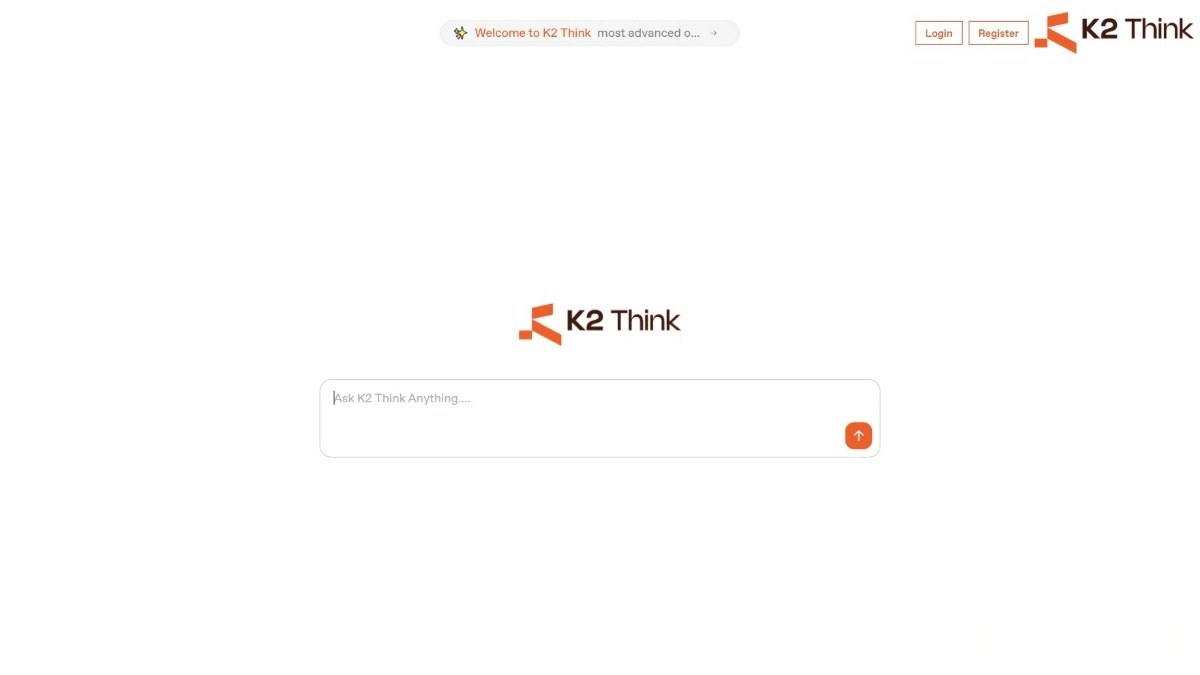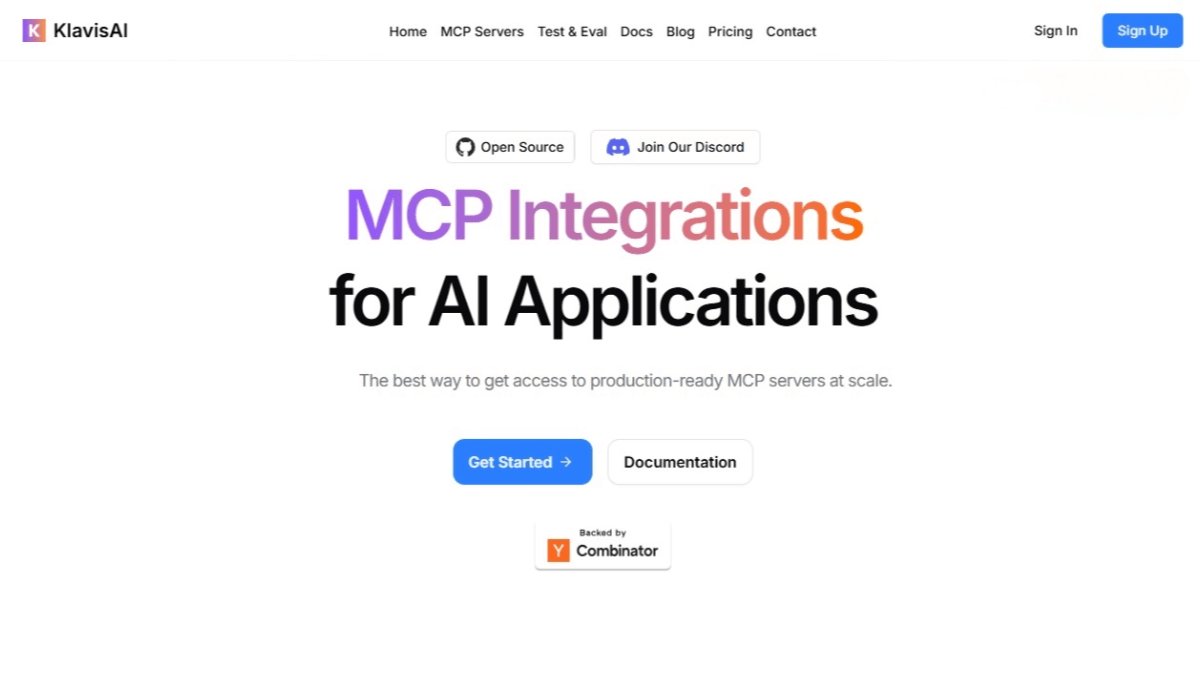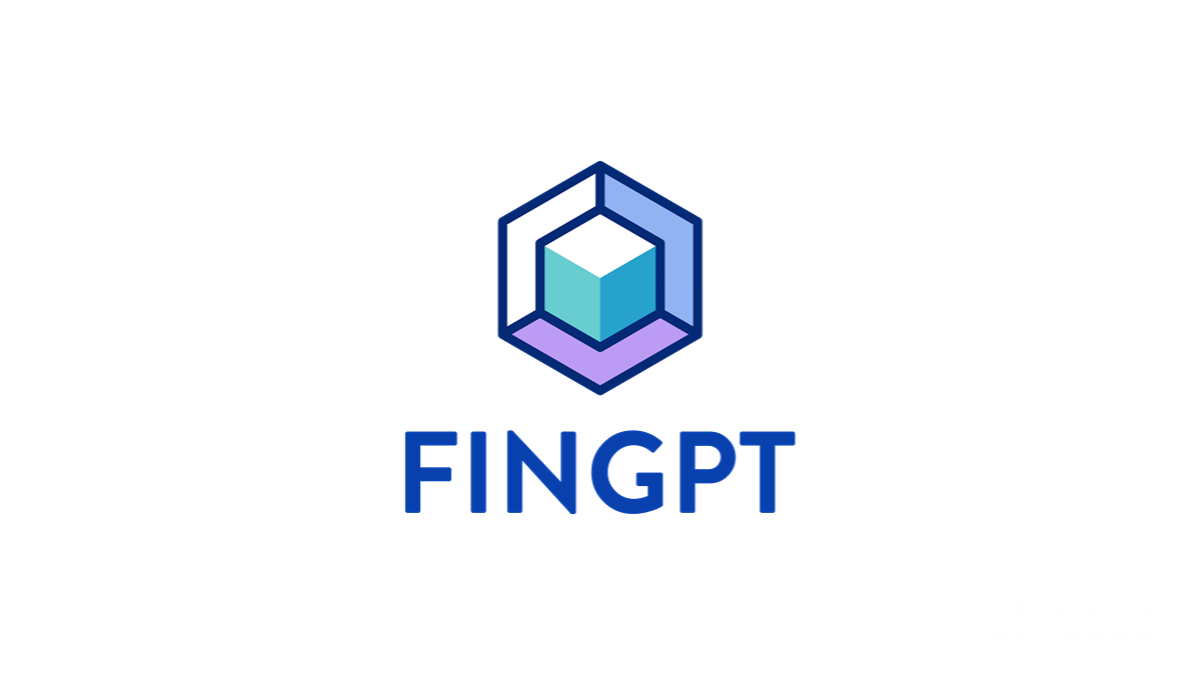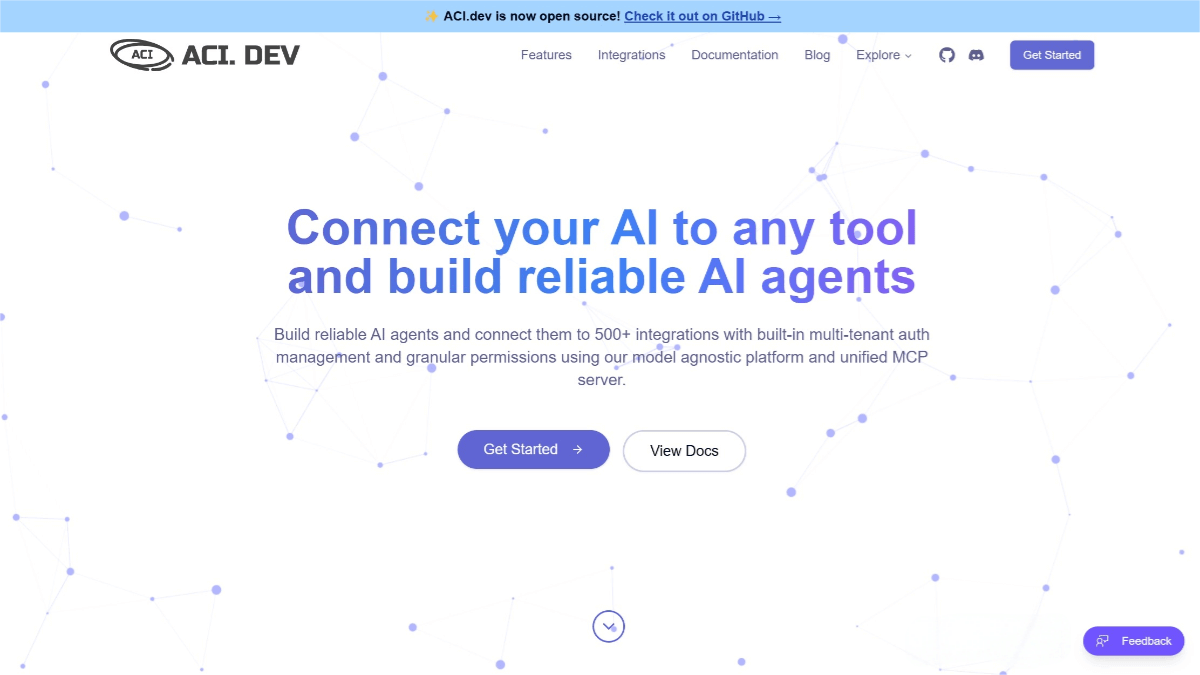What is K2-Think?
K2-Think is an open-source inference model jointly developed by the Mohamed bin Zayed University of Artificial Intelligence (MBZUAI) and G42 in the UAE. With 32 billion parameters, it excels in mathematical reasoning, code generation, and scientific knowledge, achieving outstanding results particularly in math competition benchmarks. Leveraging techniques such as long chain-of-thought supervised finetuning and reinforcement learning, the model delivers efficient reasoning and achieves inference speeds of over 2,000 tokens per second on the Cerebras Wafer-Scale Engine. Its open-source nature and high-performance reasoning make it an attractive choice for building advanced AI inference systems.

Key Features of K2-Think
-
Mathematical Reasoning: Performs exceptionally well in solving math problems, achieving high scores on benchmarks like AIME and HMMT, and capable of handling complex mathematical challenges.
-
Code Generation: Generates high-quality code across multiple programming languages, supporting tasks such as programming assistance and automated code generation.
-
Scientific Knowledge Q&A: Demonstrates strong knowledge and reasoning abilities in scientific domains, answering science-related questions effectively.
-
Multi-Domain Reasoning: Beyond math, coding, and science, K2-Think can handle a wide range of reasoning tasks.
-
Safety and Reliability: Strong in safety performance, effectively rejecting high-risk content while maintaining robust dialogue handling and data protection.
Technical Principles of K2-Think
-
Long Chain-of-Thought Supervised Finetuning: Uses supervised learning to train the model on extended reasoning chains, enabling it to better understand and generate complex reasoning processes.
-
Reinforcement Learning with Verifiable Rewards (RLVR): Applies reinforcement learning with verifiable reward mechanisms to optimize the reasoning process, enhancing accuracy and reliability.
-
Agentic Planning: Performs agent-based planning before reasoning to help the model structure its thought process more effectively, improving efficiency.
-
Test-Time Scaling: Dynamically adjusts model parameters during inference to adapt to different reasoning tasks, enhancing generalization.
-
Speculative Decoding: Employs speculative methods during decoding to anticipate likely outputs, speeding up inference.
-
Inference-Optimized Hardware: Utilizes high-performance hardware such as the Cerebras Wafer-Scale Engine to deliver efficient reasoning computation and significantly boost inference speed.
Project Resources for K2-Think
-
Official Website: https://www.k2think.ai/
-
GitHub Repository: https://github.com/MBZUAI-IFM/K2-Think-SFT
-
HuggingFace Model Hub: https://huggingface.co/LLM360/K2-Think
-
arXiv Paper: https://arxiv.org/pdf/2509.07604
Application Scenarios of K2-Think
-
Math Tutoring: Helps students solve complex math problems with detailed step-by-step solutions and reasoning, useful in math competition training.
-
Programming Education: Assists students in code generation and debugging, helping them better understand programming languages and algorithms.
-
Science Learning: Answers science-related questions, supports students in experiment design, and assists in data analysis.
-
Mathematics Research: Assists researchers in tackling challenging math problems, testing conjectures, and providing computational reasoning support.
-
Scientific Experimentation: Helps design experimental protocols, analyze experimental data, and predict outcomes.




